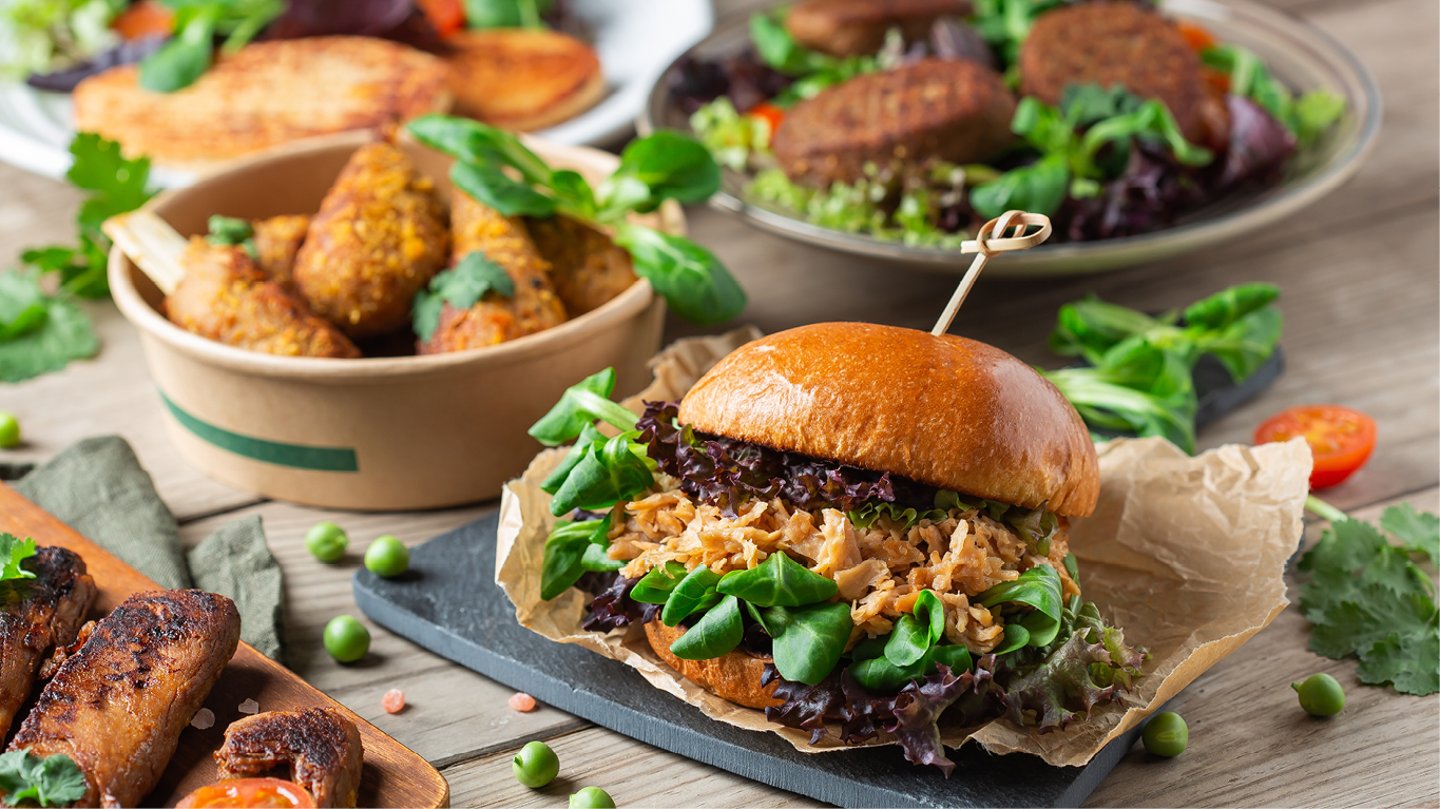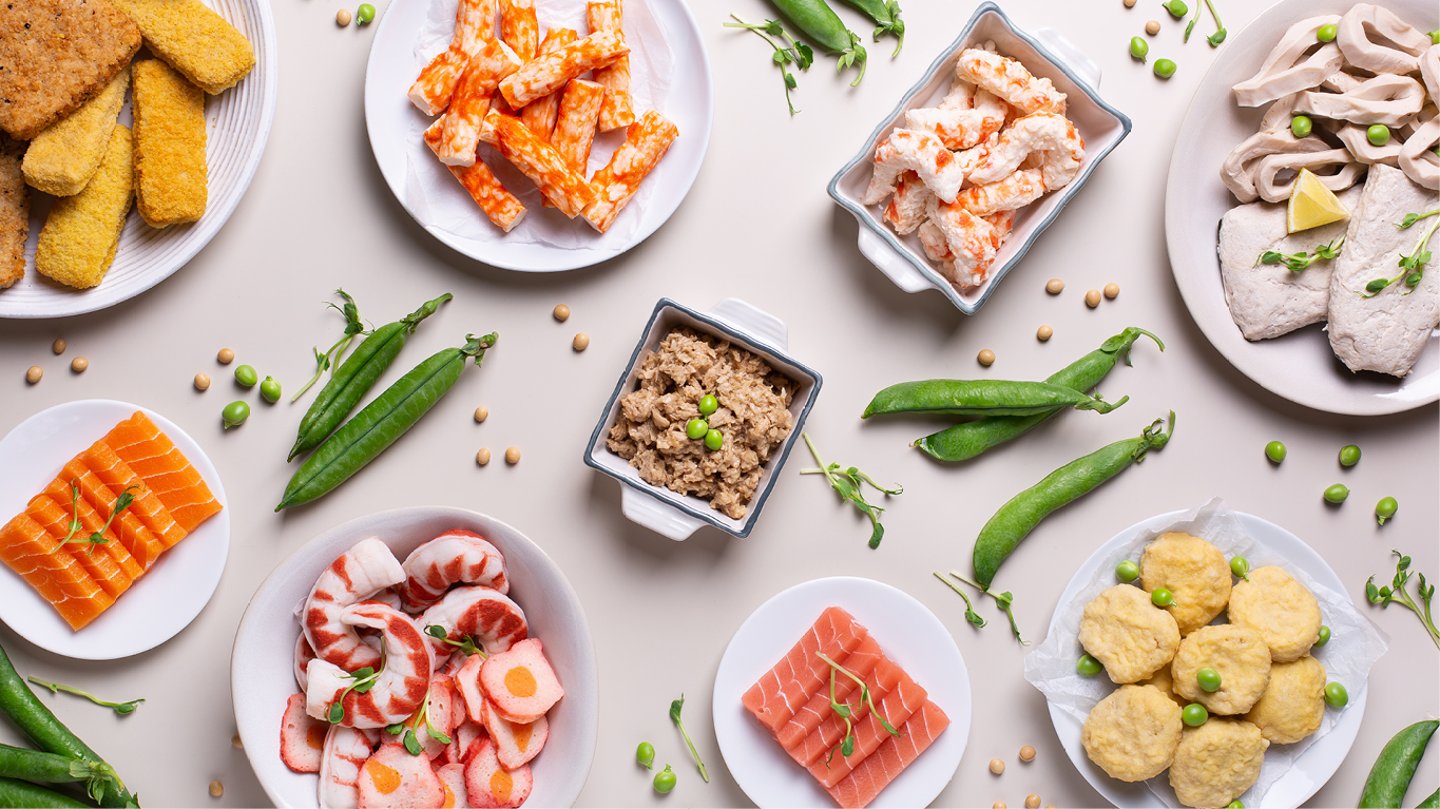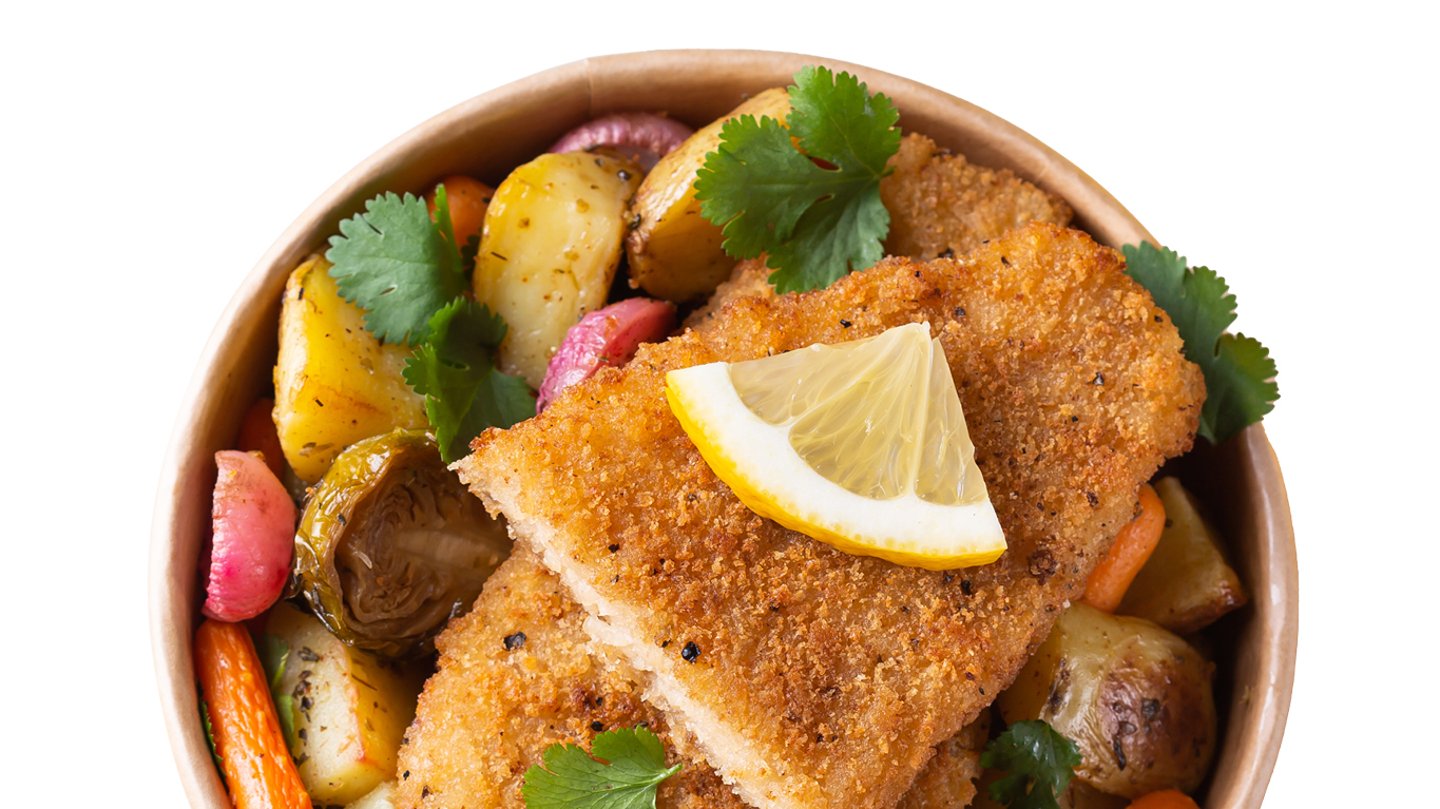Innovation continues to power the plant-based food movement
Plant-based meat and dairy alternatives continue to pique the interest of consumers in Canada and around the world. With benefits – real and perceived – to individual health, animal welfare and the environment, plant-based products have captured a higher percentage of market share in recent years.
As for the future of plant-based food, however, predictions vary. Statistically speaking, the outlook is bright, with the Business Research Company expecting the value of the global plant-based market to rise from US$44.5 billion in 2022 to $50.4 billion in 2023. The firm, which predicts this number will rise to $82.1 billion by 2027, also reports that North American consumers are leading the charge.
However, there are reasons to serve this optimism with a side of caution. Over the past year, for example, Beyond Meat – whose products have served as an entry point into the world of meat alternatives for countless consumers – has seen its stock prices drop precipitously, with the company itself citing pressures ranging from inflation to insufficient consumer demand. Maple Leaf Foods, meanwhile, blamed lower-than-expected sales when it cut its plant-based division, Greenleaf Foods, by 25% in August 2022.
READ: Price the ‘biggest hurdle’ in plant-based category: Study
Are developments such as these a harbinger of a society losing its appetite for meatless? Given the statistical projections and the number of new companies and products in the sector, it appears more likely that the plant-based market might just be navigating some growing pains.
Jo-Ann McArthur, president and founding partner of Nourish Food Marketing in Toronto, says the industry has struggled to communicate the needs that plant-based alternatives are meant to address, and for whom. Carnivores looking to cut down on meat fit a different profile than committed vegetarians, after all, and a wide variance of motivations are in play even within these groups.
McArthur and Joel Gregoire, associate director of food and drink at Mintel, both indicate that plant-based consumers skew younger, a cohort that tends to list sustainability and environmental reasons for reducing meat consumption. Older purchasers are more likely to indicate health as a reason for shifting their eating habits towards “flexitarianism.” New Canadians are also highly represented among plant-based purchasers, with many bringing traditionally vegetarian diets with them from their cultures of origin.
READ: The clean-label challenge facing the plant-based food and beverage industry
Each one of these consumer groups, to varying degrees, has reason to seek out plant-based foods and beverages. But whether their initial trials evolve into long-term habits remains to be seen. “You might have a plant-based burger at a barbecue,” says Gregoire, “but are you going to do that all the time?”
As McArthur and Gregoire put it, carnivores – even those who are looking to cut back on meat-eating – tend to circle back to animal protein for its flavour, especially given that the cost and health advantages of plant-based products are, in many cases, negligible. For vegans and vegetarians – approximately 7% of the Canadian population, according to Mintel – food that mimics meat is inherently less appealing.
“I talk to our customers and they’re not looking for something that tastes like meat,” says Robert Mayer, creative director at Toronto-based restaurant and menu consulting firm Gemaro Solutions, and a chef with more than 25 years of experience in the food industry. “People want whole ingredients, rather than ingredients that have been beaten down (and processed) until they taste like something else.”
READ: Plant-based alternatives, A2 protein, microfiltration and more milk trends
Skepticism aside, there is no shortage of ideas and products in the plant-based pipeline. These are the innovations the industry is counting on to deepen the roots of plant-based foods and beverages.
Hybrid and cell-based production
McArthur sees hope in the emerging trend of hybrid products that blend meat and plant proteins. This production process, she says, has the potential to reach the significant number of consumers who crave the authentic taste of meat, but also want to reduce, at least to some extent, their environmental impact.
Earlier this year, for example, Saba Fazeli, Beyond Meat’s first R&D engineer, launched Momentum Foods and its branded extension, Paul’s Table, a venture anchored in hybrid production. “I think we might see that make plant-based more accessible to people,” McArthur says.
READ: Cult Food Science CEO on the future of cellular-based food
Mintel’s Gregoire, meanwhile, points out that many plant-based products such as almond milk, use a large amount of water or other environmental resources in their production, offsetting the benefits of bypassing animal agricultural processes. Creating food through the laboratory replication of plant cells, while hardly au naturel, grapples with this issue. “If the environment is a concern, the cell-based products take care of that because they don’t use a lot of fossil fuels or natural gas or what have you,” he says.
Beyond the burger
Consumers’ dalliances with plant-based meat alternatives such as burgers may be on the wane, but the menu continues to expand.
“Plant-based foods and beverages taste substantially better than they did when they were first introduced to the marketplace, and there are an abundance of options in many different categories,” says Digs Dorfman, CEO of the Toronto grocery retailer The Sweet Potato.
Among the most notable recent trends, he says, is the rise of seafood alternatives offered by companies such as Good Catch. “There are a lot of plant-based seafood options, and there were virtually none five years ago,” he says.
Grant Daisley, senior local forager at Whole Foods Market Canada, echoes this sentiment. “Seafood is seeing an increase in plant-based offerings, which includes a variety of tastes and textures as part of a packaged meal or as a single ingredient,” he says. “Konscious Foods’ Plant-Based California Rolls, made with the root vegetable konjac, and Save da Sea Plant-Based Smoked Salmon, made from carrots, are a couple of examples of this we’re seeing.”
READ: Demand for traditional and plant-based seafood on the rise
Both Dorfman and Daisley also note the increased presence of plant-based condiments and flavour enhancers, such as Humble Seedz Saucy Dipz, which are made from sunflower and buckwheat seeds. Dairy-free cheeses, including specialty-style cheese, is also beginning to penetrate the market.
Food manufacturers ranging from large producers like Conagra Brands to newer entrants like Green Bowl Foods are getting in on the action. According to Paul Hogan, vice-president and general manager, Conagra Brands Canada, the company’s Gardein line of plant-based foods continues to add new offerings.
“We are especially proud of our Gardein Suprême lineup and the new Gardein Suprême Chick’n Filets, Gardein Suprême Chick’n Nuggets, and Gardein Suprême Saus’ge Links, which are launching later this summer,” he says.
Conagra is also responding to changing population trends by adding fare inspired by global cultures. “Newcomers are leaving a mark on their communities and spreading more awareness of global foods and flavours,” says Hogan, who points to the expansion of Gardein’s offerings to include black bean and falafel burgers.
READ: Alternatives go mainstream
Max Jamshidian, founder and CEO of Green Bowl Foods, touts the convenience and sustainable production techniques that go into his company’s plant-based products. Green Bowl upcycles food by-products to create meals that appeal to customers’ ethics, health interests and time constraints. “This unique method not only addresses the pressing issue of food waste,” he says, “but also results in high-quality, shelf-stable products that are rich in fibre and nutrients.”
And more producers continue to enter the market. By the fall, Plantropy’s line of frozen jackfruit-based nuggets, meatballs, kebabs, breakfast sausages and other offerings will be launched into grocery stores in Canada. “People had been working with jackfruit for about five years, but no one had made it convenient,” says Eric Hart, a lead executive at Plantropy. “That’s the need we saw.”
Other ingredients that are trending upward in plant-based food production include kelp and seaweed, cashews, oats and mushrooms. These ingredients, and the products derived from them, may or may not capture taste buds and dollars – but the sheer volume of players and innovative ideas in the space suggests the seeds of plant-based eating will continue to grow for years to come.
This article first appeared in Canadian Grocer’s August 2023 issue.





